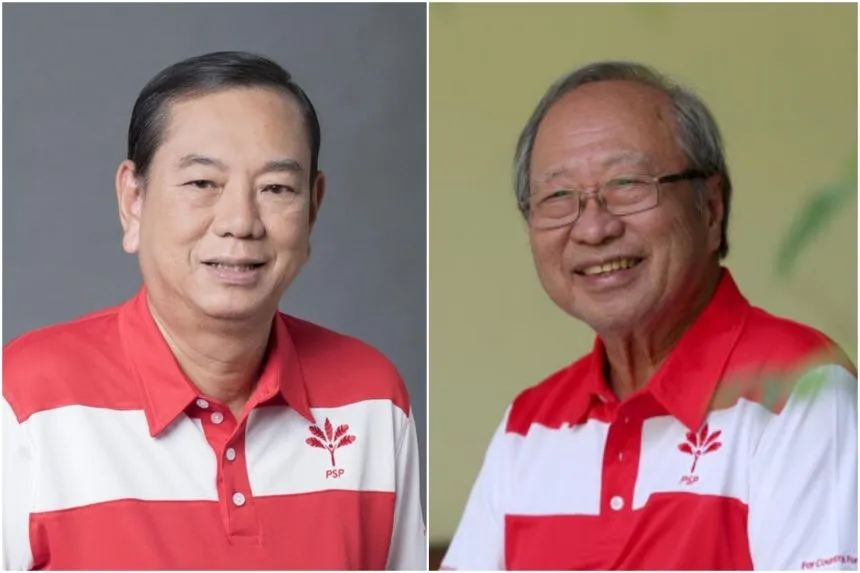PSP's Tan Cheng Bock voted out as Sec-Gen after alleged party infighting
Chairman role is basically a glorified flower pot

Former Republic of Singapore Air Force colonel Francis Yuen has been appointed secretary-general of the Progress Singapore Party (PSP), taking over from party founder Tan Cheng Bock.
Dr Tan, 80, has become party chairman. This was announced by the PSP on Thursday (April 1), after its central executive committee (CEC) met on Wednesday.
In a Facebook post, PSP Non-Constituency MP Leong Mun Wai said Mr Yuen was the committee's unanimous choice to "lead PSP to the next level".
"Francis will lead and galvanise the party while (Dr Tan) concentrates on strengthening external support for PSP," he wrote.
Chairman role is basically a glorified flower pot
In many organisations around the world, the Secretary-General position has the authority to make all the decisions of running the organisation - or party. The Chairman generally does not have any more power pe se than any other voting member of the Executive Committee, except the power to run board meetings.
Comparatively, the Secretary-General is like the Chief Executive Officer of the company.
For example, the People's Action Party chairman is Gan Kim Yong while the Secretary-General is Lee Hsien Loong.
Party infighting?
The change comes amid reports of a rift in the party. An online news site, the RedWire Times, said in March that some party cadres have demanded for Dr Tan to step down as secretary-general, and allow for "more talented rising stars" to take over.
Commenting on the Redwire Times report, PSP member Kumaran Pillai said the new CEC line-up is in no way a reflection of any disagreement over the leadership of the party. Rather, Mr Yuen assuming the secretary-general role is part of a planned transition, he added.
“When Dr Tan started the party, he said he will mentor someone younger, and he hasn’t deviated from his original mission. People shouldn’t be reading too much into it.”
Mr Pillai added that he had a long dialogue with the party cadre who was quoted anonymously by Redwire Times as saying that some cadres are mustering support to demand for Dr Tan to step down from his post.
“His intention is not to stage a coup within the party. I think people have misinterpreted it and misunderstood what he said, sometimes it's like playing broken telephone, you say one thing and by the time you get to the last person, the whole story gets distorted along the way... there’s no infighting, there's no malice,” he said.
In other words, the flower pot needs watering.

